Biodiversity
Chagos: A unique place
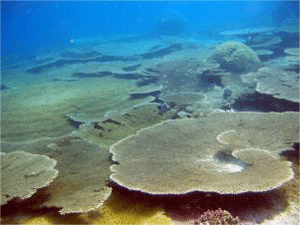 The Chagos Archipelago contains some of the healthiest coral reefs and in The Great Chagos Bank, the largest coral atoll to be found on our planet. Scientists fear that half of the world’s coral reefs could be lost by 2025. It is essential to save them: hundreds of millions of people depend on healthy reefs in one way or another. Living reefs provide food, protect beaches from erosion, and form a treasure house of genetically diverse creatures and plants.
The Chagos Archipelago contains some of the healthiest coral reefs and in The Great Chagos Bank, the largest coral atoll to be found on our planet. Scientists fear that half of the world’s coral reefs could be lost by 2025. It is essential to save them: hundreds of millions of people depend on healthy reefs in one way or another. Living reefs provide food, protect beaches from erosion, and form a treasure house of genetically diverse creatures and plants.
Pollutant levels in Chagos waters and marine life are exceptionally low. An analysis in 1996 suggested that “The marine environment of the Chagos Archipelago as a whole is exceptionally 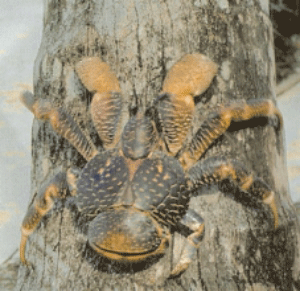 pristine” and was the cleanest water tested so far in the world. With this, Chagos is of incalculable importance environmentally and represents a magnificent conservation opportunity. Over 220 coral species and 1,000 species of fish can be found at the atoll. Chagos is a crucial refuge and breeding ground for whales, sharks, marine turtles, rare crabs, 290 species of birds and many other species (not least the fish) threatened by pressures of massive recent human population growth around the Indian Ocean.
pristine” and was the cleanest water tested so far in the world. With this, Chagos is of incalculable importance environmentally and represents a magnificent conservation opportunity. Over 220 coral species and 1,000 species of fish can be found at the atoll. Chagos is a crucial refuge and breeding ground for whales, sharks, marine turtles, rare crabs, 290 species of birds and many other species (not least the fish) threatened by pressures of massive recent human population growth around the Indian Ocean.
The unique and pristine environment of Chagos provides a rare scientific benchmark for how the world should be; this is needed for dealing with problems like pollution, loss of biodiversity, and climate change. For the latter point, the territory represents one of the few scientific control sites available to compare 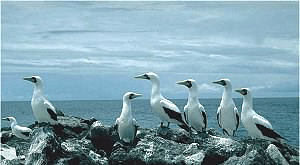 climate change impacts on reefs with other more impacted sites. At the same time, Chagos is itself vulnerable to physical pressures from global warming. Rising sea level will erode and inundate low-lying islands, while rising sea temperatures will lead to ever more frequent bouts of mass coral mortality.
climate change impacts on reefs with other more impacted sites. At the same time, Chagos is itself vulnerable to physical pressures from global warming. Rising sea level will erode and inundate low-lying islands, while rising sea temperatures will lead to ever more frequent bouts of mass coral mortality.
Reef sharks, tuna, groupers, sea-cucumbers are already among the categories of species vulnerable to illegal fishing and 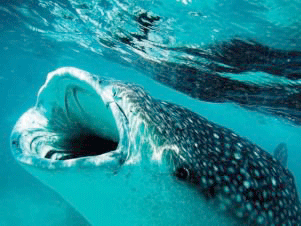 over-fishing around Chagos. The fact that the Indian Ocean shark population is thought to be 90% smaller than it was 40years ago is an indication of the pressure on Indian Ocean marine life.
over-fishing around Chagos. The fact that the Indian Ocean shark population is thought to be 90% smaller than it was 40years ago is an indication of the pressure on Indian Ocean marine life.
There is clear evidence from reef sites around the world that marine reserves work. The recent declaration of reserve status for Chagos marks the first step in securing the long-term health and security ofthis irreplaceable marinesystem. The Chagos Conservation Trust – US would like to invite you to help in theenvironmental conservation of this pristine area before it is too late.

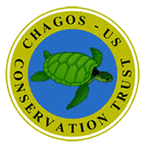 Chagos Conservation Trust – US
Chagos Conservation Trust – US